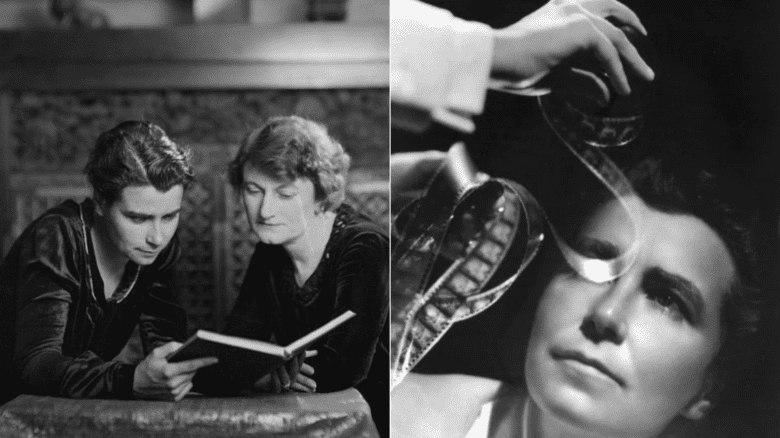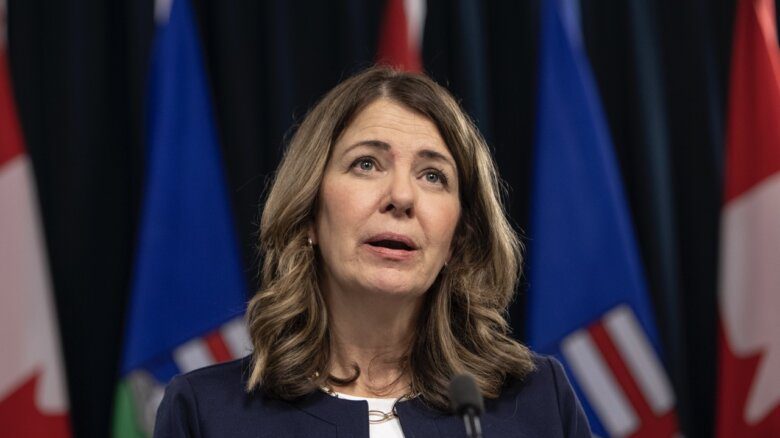After the Alberta government tabled three new bills taking aim at trans youth in the province last week, Premier Danielle Smith’s United Conservative Party has signalled that even more restrictive anti-trans legislation could be on the way.
The UCP held their annual convention this past weekend in Red Deer, and passed a series of policy resolutions that are reminiscent of some of the harshest laws passed in states like Florida and Texas in recent years.
That includes an American-style “bathroom bill” that limits public washroom and change-room access to peoples’ assigned gender at birth, a restriction on government documents to only have male or female gender markers and a call to designate all gender-affirming healthcare as “elective” and therefore completely cut public health funding for it.
Senior editor Mel Woods breaks down what you need to know.

 Why you can trust Xtra
Why you can trust Xtra


